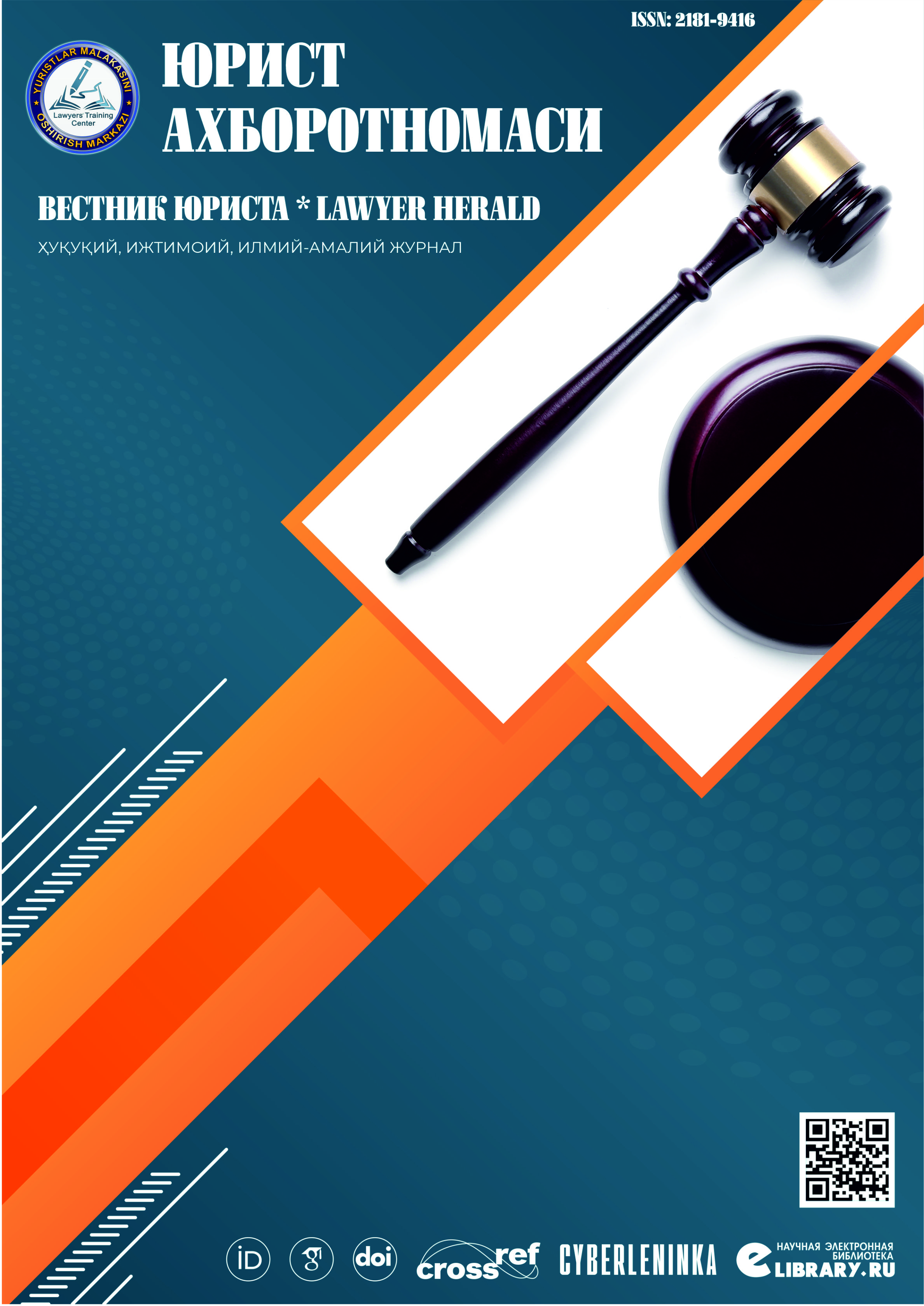Abstract
This paper aims to explore the multifaceted meaning, logic, and morality of informal transactions in order to better understand the social context that informs the meaning of corruption and bribery in post-Soviet Uzbekistan. It will be argued that the informal transactions in Uzbek society reflect different cultural and functional meanings than in most of the Western world; and hence transactions that from a western-centric perspective would be labelled as bribes can be morally accepted transactions in Uzbek cultural context. If this is true, there may be reasons to re-evaluate the relevance of the Western-centric interpretations of corruption in the context of Uzbekistan, and possibly other Central Asian countries. These issues will be investigated with reference to observations and informal interviews from post-Soviet Uzbekistan. This study is based on three periods of ethnographic field research between 2009 and 2012 in the Ferghana Province of Uzbekistan. It draws on concepts of ‘living law’ and legal pluralism to provide a theoretical framework.
